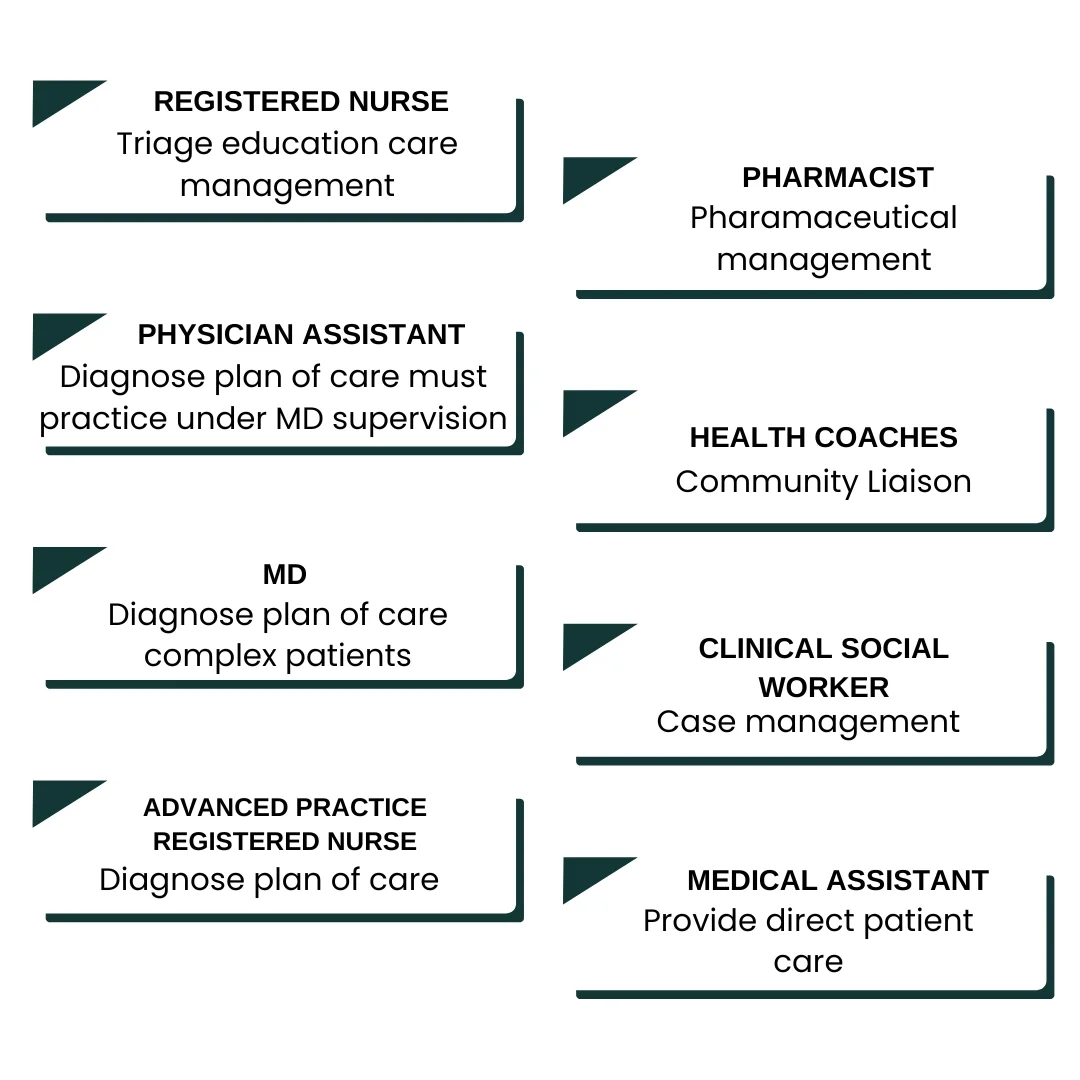Physician Assistants Contribution to Primary Health Care Systems
Physician Assistants (PAs) play a critical role in primary health care. They assist in several medical services, improve patient outcomes, and help optimize the utilization of resources through the provision of tasks like performing physical exams, diagnosing, and managing chronic conditions. The role of PAs in improving healthcare access, increasing efficiency in care, and reducing shortages will improve patient satisfaction. This way, their training helps healthcare systems become more responsive and patient-centered in filling gaps between doctors and patients.

